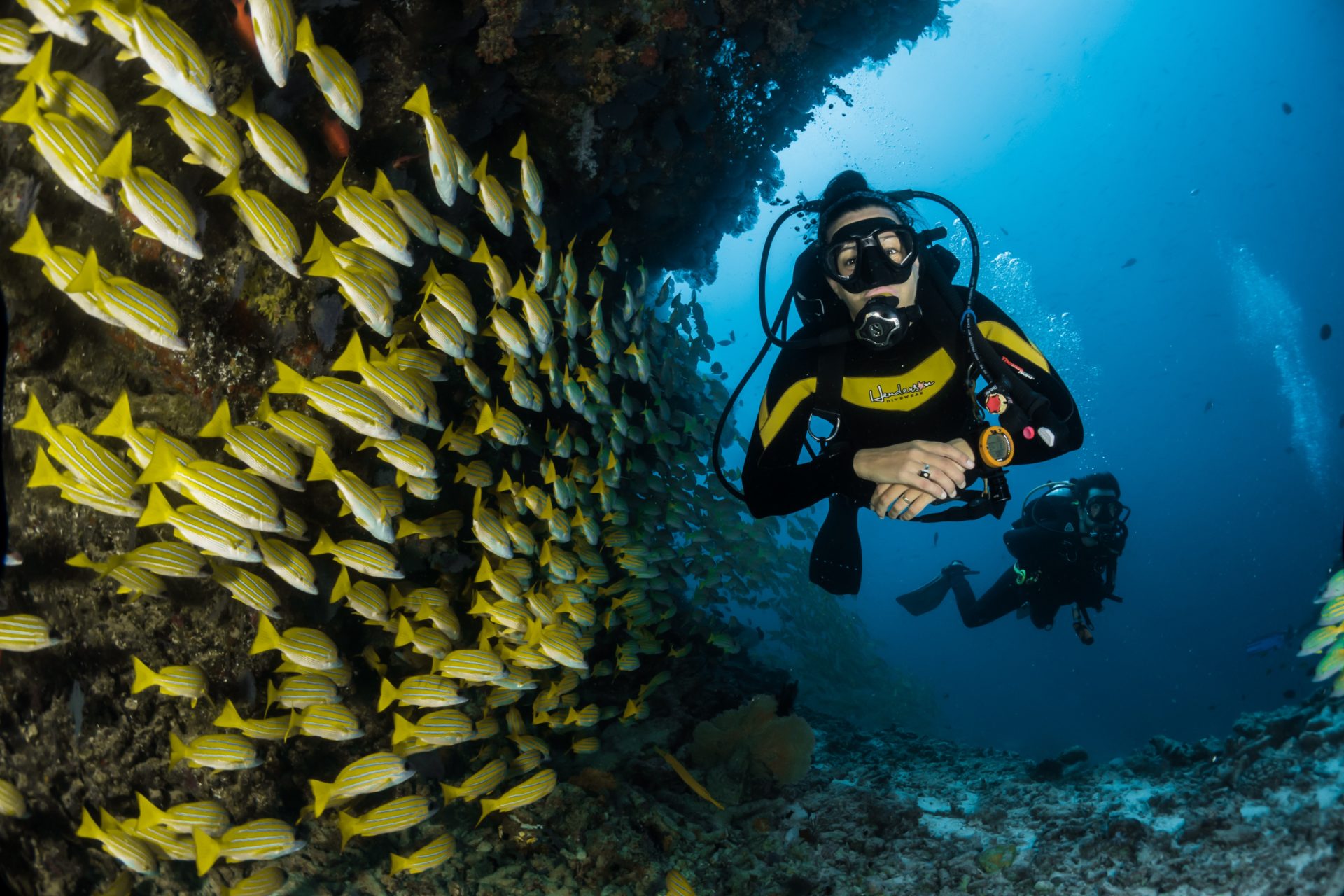There are many reasons our Ocean is vital to our survival on planet Earth – but why is time of the essence when it comes to safeguarding its future?
Here are five reasons we need to keep going with our conservation efforts now, and not later – and the things we can all do to help.
1. The Ocean keeps our region afloat
The Ocean contains 99 per cent of the earth’s living space, within which coastal systems battle climate change by absorbing carbon. The Ocean is a vital provider of food, employment, trade – and for many, even a unique sense of identity – so how can we expect to get by without it (and that’s not even touching on the fact that the Ocean provides 50% of the oxygen we breathe – but that’s a whole other story)?
In Asia and the Pacific in particular, shipping has been the backbone of economic development, and represents the largest share of seaborne trade – but in coastal communities around the world, it’s fisheries that make up the majority of employment and food security.
To put it quite simply, we rely on our Ocean to survive.
2. The Ocean supports our economy
Our Ocean has been connecting societies across great distances for centuries, providing a natural transport resource for the global economy. Currently, more than 80 per cent of international trade is transported by shipping, which means without it, things would be very different indeed.
But as the global economy continues to grow, it’s unsurprising that shipping is starting to take its toll on our Ocean’s health.
The solution? A ‘greener’ shipping industry. Inclusivity and efficiency are key.
3. The Ocean’s hidden depths could hold the key
Even today, we still know little about our Ocean when its size and depth is taken into account. When it comes to the UN Decade of the Ocean’s Sustainable Development Goals, in areas like the Indian Ocean, there is only enough data to monitor two out of ten targets for SFG 14: Life below water – yet without a full picture, we can’t expect to be able to effectively protect and safeguard our Ocean’s future.
Collecting Ocean data isn’t just tricky – it’s costly, too. Existing data is fragmented, making it difficult to compare geographically and conduct continued analysis over time to detect trends.
The solution? Ocean data must rise higher up the world’s priority list, with joint efforts being made to implement effective systems. Together, we can make a greater difference and discover more about the Ocean’s hidden depths, once and for all.

4. We’re hooked on fish.
Make no mistake; the world is hooked on fish. Fish and seafood provide a valuable source of protein for billions of people around the world, and more than 50 million people are employed the sector.
Yet despite their role in feeding the world, fisheries are facing severe threats from climate change, environmental degradation and over-fishing.
On aglobal scale, it’s important that the multilateral agreements and voluntary instruments that are in place are upheld, but outside of laws and policies, what can you do to help?
Choose sustainably caught, local seafood to minimise your impact. By eating fewer of the species that are in decline and favouring sustainable fishing methods, you won’t just be protecting the fish population and the future of our fisheries as a food source, but also the seabed. And, by shopping locally, you’ll be reducing your carbon footprint, too.

5. The plastic problem
It is estimated that by 2050 – that’s just 30 years from now – the plastic waste in our Ocean could triple unless we take transformative action.
It’s been heartening to see the measures that have been implemented by governments around the world over the past couple of years, and this has gone some way to putting a dent in the problem – but there is still a long way to go.
But this is somewhere we can all help, and every little change you make, in your home and in your daily life, will add up to create a huge impact. If everyone in the world did it, just imagine the ripple effect.
We need to dive deeper, together, to safeguard our Ocean’s future – and from individuals to government policy makers, we all have a role to play.


